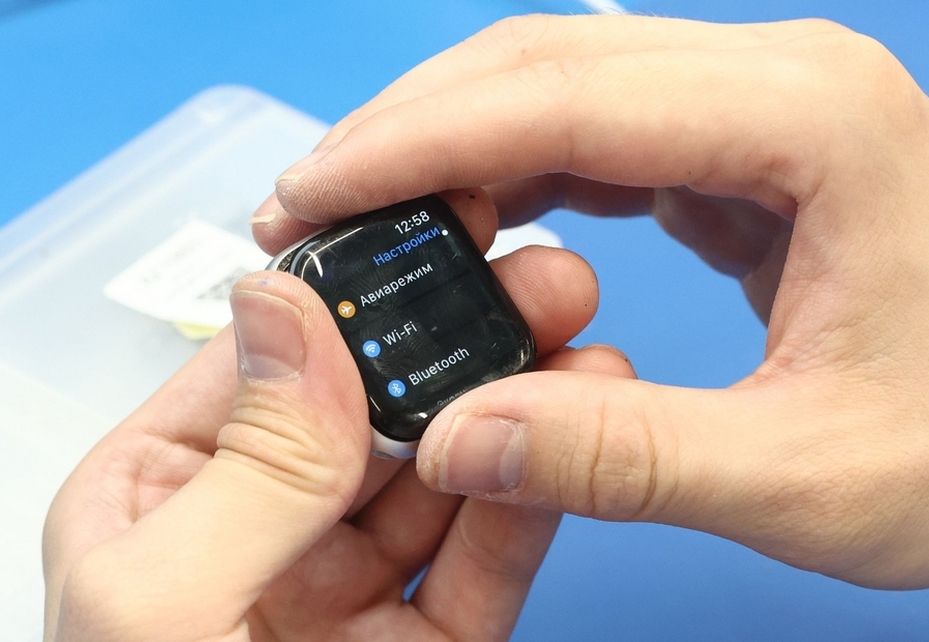
In a tale that reads like a modern-day smuggling operation, a Russian woman found herself on the wrong side of the law after attempting to deliver a forbidden gadget to her incarcerated husband. The device in question? A sleek, gray Apple Watch, cleverly concealed within a bundle of lingerie. The woman, identified as Dinara T., claimed the watch was an innocent oversight, forgotten after a recent trip. However, authorities weren’t buying her story.
During a routine search at the correctional facility, guards discovered the smartwatch tucked away in Dinara’s bag. The device, wrapped in undergarments, was swiftly confiscated. In the world of prisons, smartwatches are considered tools of communication and are strictly prohibited. The incident unfolded at a long-term visitation session in a Yaroslavl region penitentiary, where Dinara had hoped to reconnect with her husband.
The consequences were swift and severe. A Moscow magistrate slapped Dinara with a hefty fine of 25,000 rubles, a sum that could make anyone wince. The watch, now deemed contraband, was also seized. Dinara’s defense—that she had no intention of passing the device to her husband—fell on deaf ears. The court ruled that ignorance of the rules was no excuse.
This incident sheds light on the lengths some will go to maintain connections with loved ones behind bars. It also underscores the vigilance of prison authorities in enforcing strict regulations. As technology evolves, so too do the methods of smuggling, turning everyday items into potential tools of subterfuge.
Meanwhile, in a separate but related development, reports surfaced about actor Mikhail Efremov facing disciplinary action for violating prison protocols. The actor, already serving time, could be sent to solitary confinement for up to ten days. These incidents serve as stark reminders of the rigid structures governing life within correctional facilities.
As for Dinara, her story is a cautionary tale of love, oversight, and the high price of breaking the rules.

















